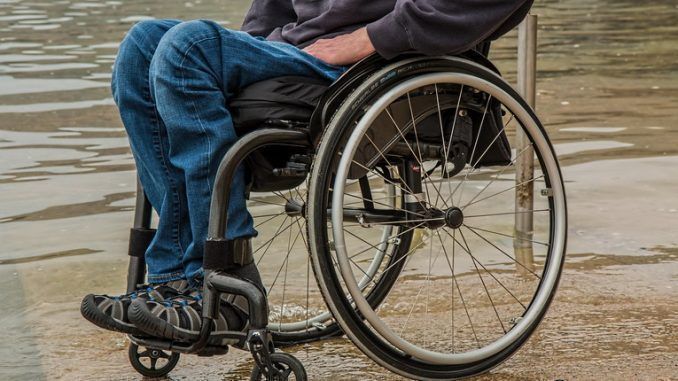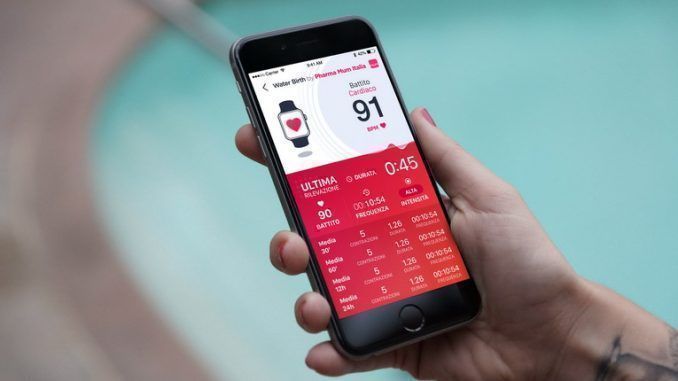Myotonic Dystrophy: an Identity Card to face emergencies with greater serenity
The Myotonic Diseases FMM Foundation, has developed the “Charter for Life” for myotonic dystrophy patients and their family members, a useful tool not only in emergency situations, such as for an emergency room admission, but also when it is difficult to explain one’s disorders and even the physicians to whom one turns have serious difficulties in recognizing the symptoms and identifying the appropriate interventions due to a lack of knowledge about myotonic diseases. The paper briefly considers the main symptoms of the two forms of myotonic dystrophy, the problematic and emergency situations that can occur, and the strategies to be adopted by health care personnel.
Myotonic Dystrophy (DM1) is a neuromuscular disease that affects several organs; two forms are known: myotonic dystrophy type 1 (DM1), also called Steinert’s disease, which can have an early onset in infants and children, and myotonic dystrophy type 2 (DM2). 98% of cases fall under myotonic dystrophy type 1. To date, unfortunately, there are no effective treatments for myotonic dystrophies, so therapies are based on symptomatic interventions in which problems are addressed as they arise.
Myotonic dystrophy, card for life arrives
Those suffering from myotonic dystrophy often fail to perform very simple activities, such as
drinking a glass of water, unscrewing a bottle cap, getting out of bed, getting dressed
independently. Given the complexity of the disease and the amount of organs involved, a patient with
myotonic dystrophy may not always find adequate
response to their own health issues due to a lack of knowledge about these diseases, especially
in emergency situations, such as for an emergency room admission, in which what makes the
difference is the recognition of symptoms and the readiness and incisiveness of’intervention.
The Myotonic Diseases Foundation, in carrying out its activities and in particular through the
own Listening Points, has picked up this issue and created a “Charter for Life” that i
sufferers can carry with them at all times to better explain their ailments and cope with more
serenity any moments of emergency and need.
For those who could not pick up the card on Saturday the 17th, from Feb. 28, International Day of Disease
Rare, it will be possible to request the Myotonic Diseases Foundation to send the “Card for the
life”.



